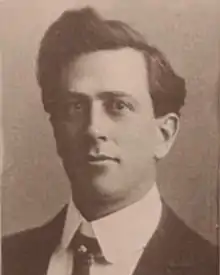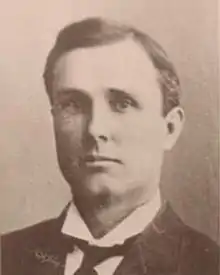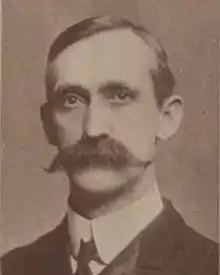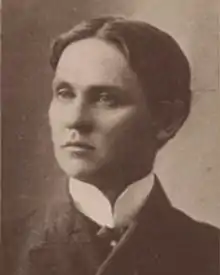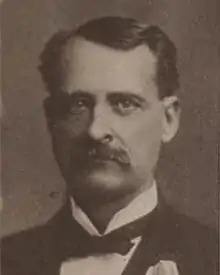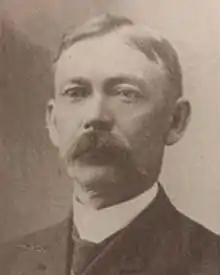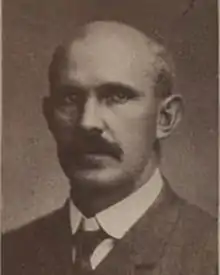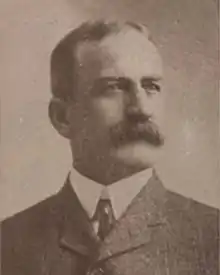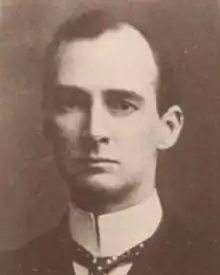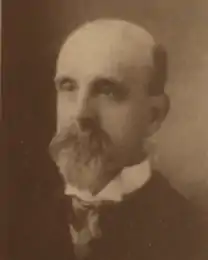| 102nd Virginia General Assembly | |||||||||
|---|---|---|---|---|---|---|---|---|---|
| |||||||||
 Virginia State Capitol (1912) | |||||||||
| Overview | |||||||||
| Legislative body | Virginia General Assembly | ||||||||
| Jurisdiction | Virginia, United States | ||||||||
| Term | December 4, 1901 – January 13, 1904 | ||||||||
| Senate of Virginia | |||||||||
| Members | 40 senators | ||||||||
| President | Joseph E. Willard (D) | ||||||||
| President pro tempore | Henry T. Wickham (D) | ||||||||
| Party control | Democratic Party | ||||||||
| Virginia House of Delegates | |||||||||
| Members | 100 delegates | ||||||||
| Speaker | John F. Ryan (D) | ||||||||
| Party control | Democratic Party | ||||||||
| Sessions | |||||||||
| |||||||||
The 102nd Virginia General Assembly was the meeting of the legislative branch of the Virginia state government from 1901 to 1904, after the 1901 state elections. It convened in Richmond for four sessions.[1]
Background
Senate
Members
Changes in membership
Senate
- November 4, 1902, Carter Glass (D-20th district) resigned. He was succeeded by Don P. Halsey.
- March 12, 1903, George W. LeCato (D-37th district) died. He was succeeded by Ben T. Gunter.
See also
References
- ↑ "A register of the General Assembly of Virginia, 1776-1918, and of the Constitutional Conventions". Richmond, D. Bottom, Supt. of Public Print. 1918.
This article is issued from Wikipedia. The text is licensed under Creative Commons - Attribution - Sharealike. Additional terms may apply for the media files.
